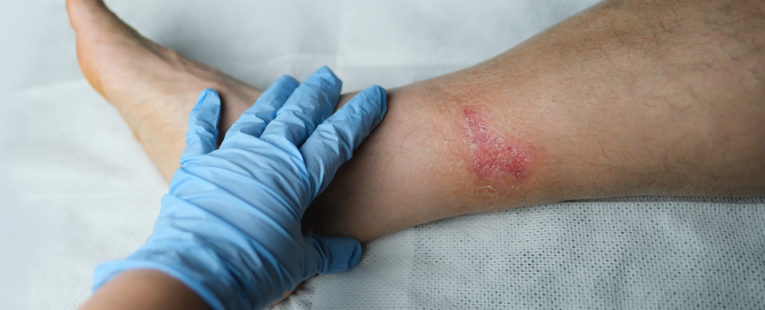Introduction:
Diabetic wounds present a unique challenge due to compromised healing abilities associated with diabetes. In this blog, we will explore strategies to help diabetic wounds heal faster, from home remedies to medical interventions. Understanding how to enhance the healing process is crucial for individuals managing diabetes. Additionally, we’ll delve into the best ointments and the importance of consulting an endocrinologist in Whitefield for personalized care.
- Understanding Diabetic Wounds:
Before exploring ways to expedite healing, it’s vital to understand why diabetic wounds pose a challenge. Diabetes can lead to neuropathy and reduced blood flow, impairing the body’s natural ability to heal wounds. As a result, injuries may take longer to heal and carry a higher risk of complications. - How Can a Diabetic Wound Heal Faster?
- Maintain Blood Sugar Levels:
- Tight glycemic control is paramount for promoting optimal wound healing.
- Regular monitoring and adherence to a diabetes management plan are essential.
- Wound Care Practices:
- Keep the wound clean and dry to prevent infections.
- Change dressings regularly, following healthcare provider instructions.
- Healthy Lifestyle Choices:
- Adopt a balanced diet rich in nutrients to support the healing process.
- Quit smoking, as it impedes blood circulation and hinders wound healing.
- What is the Best Home Remedy for Diabetic Wound?
Turmeric:- Known for its anti-inflammatory properties, turmeric can be applied topically.
- Create a paste with turmeric powder and water and apply it to the wound.
- Aloe Vera:
- Aloe vera gel has soothing properties and can be applied to promote healing.
- Ensure the gel is pure and free from additives.
- Honey:
- Apply medical-grade honey to the wound, known for its antimicrobial properties.
- Choose raw, unprocessed honey for optimal benefits.
- Proper Nutrition:
- Include foods rich in vitamins A and C, zinc, and protein for enhanced healing.
How Can I Increase the Speed of Healing of a Wound?
a. Topical Antibiotics:
- Use antibiotics as prescribed by a healthcare professional to prevent or treat infections.
- Negative Pressure Wound Therapy (NPWT):
- NPWT involves applying suction to the wound, promoting faster healing.
- This is typically done under the guidance of a healthcare provider.
- Hyperbaric Oxygen Therapy:
- Involves breathing pure oxygen in a pressurized room to enhance healing.
- Recommended in specific cases and under medical supervision.
- Which Ointment is Best for Diabetic Wound?
Silver Sulfadiazine:
- An antimicrobial ointment effective against a wide range of bacteria.
- Should be used under healthcare provider guidance.
- Hydrogel Dressings:
- Maintains a moist environment to support healing.
- Provides a barrier against infection.
- Prescription Antibiotic Ointments:
- Healthcare providers may prescribe specific antibiotic ointments based on the wound’s characteristics.
- The Importance of Consulting an Endocrinologist in Whitefield:
- An endocrinologist specializes in managing diabetes and its complications.
- Regular check-ups and consultations ensure optimal diabetes control, reducing the risk of delayed wound healing.
Conclusion:
Enhancing the healing of diabetic wounds requires a multifaceted approach, incorporating proper wound care, lifestyle choices, and, when necessary, medical interventions. Individuals with diabetes should prioritize glycemic control and consult an endocrinologist in Whitefield for personalized guidance. By combining these strategies, individuals can actively contribute to a faster and more successful healing process, reducing the risk of complications associated with diabetic wounds.

